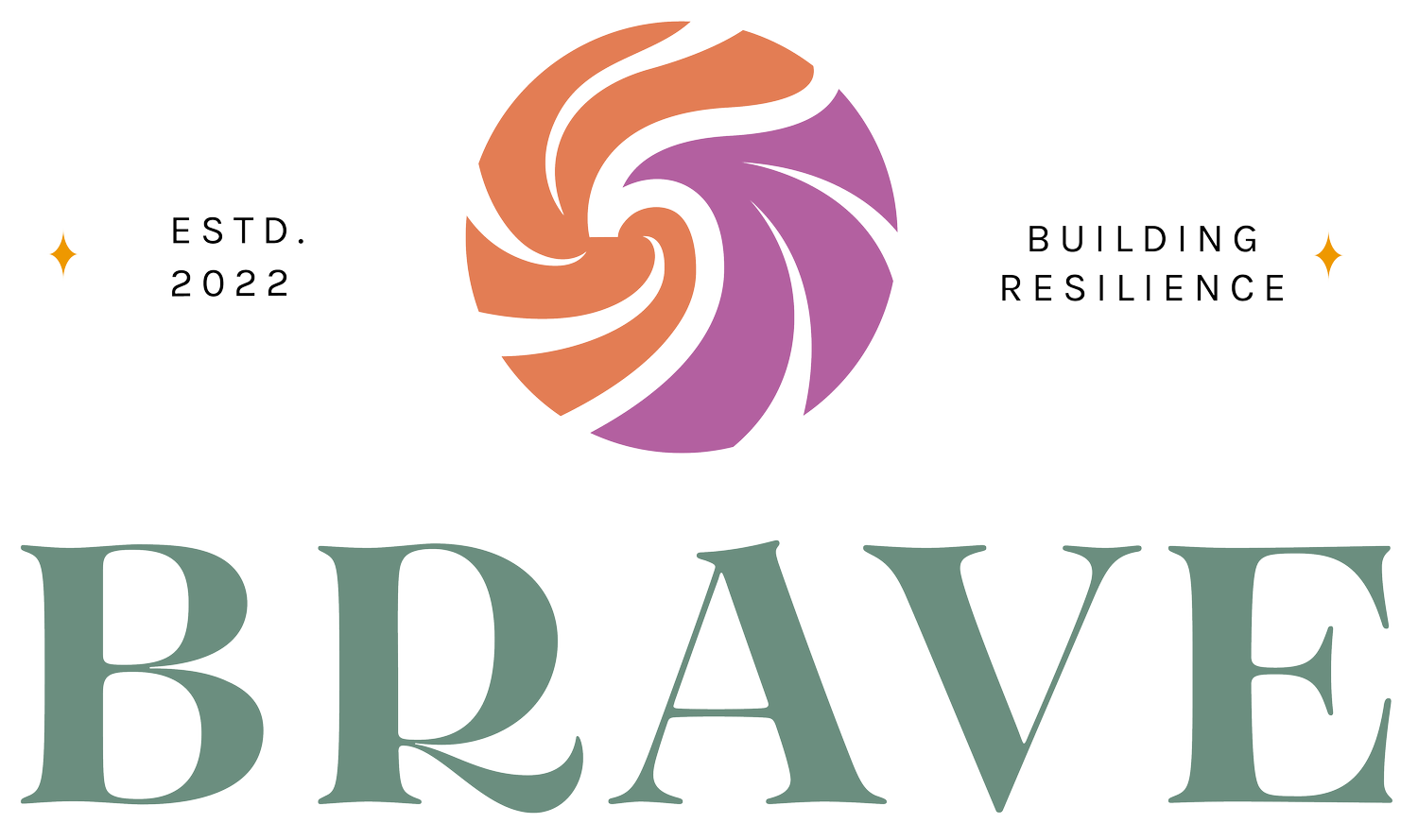Prioritizing Mental Health as Trauma Therapist: A Nervous System Perspective
You Don’t Have to Break to Deserve Support
You’ve heard it before. Probably a hundred times this year alone (and it’s only May!).
“Make sure you’re prioritizing your mental health.”
It shows up in trainings. In supervision. In licensing paperwork. On Instagram.
But how often are we actually given the conditions that would make that possible?
For so many trauma therapists, the expectation is loud… but the support is silent.
You’re told to care for yourself, but still expected to absorb the emotional toll of others’ trauma without the time, space, or community you deserve. You’re told to rest, but discouraged from saying no. You’re told to regulate, but rarely offered co-regulation of your own.
This blog isn’t here to give you a new checklist or another self-care acronym. You don’t need that.
What you DO need is permission to listen to your body—before it shuts down.
To trust that those early signs you’re feeling aren’t failures.
To know that they’re real information, and they matter.
How Vicarious Trauma Shows Up in Your Body
We normalize nervous system responses all the time—for our clients.
We name fight, flight, freeze, fawn.
We honor the body’s adaptations.
We talk about dysregulation without judgment.
But when it comes to our own nervous systems?
There’s often a different standard.
We push through. We minimize. We blame ourselves.
At BRAVE, we use something called the Trauma Therapist Trauma Response Continuum to describe what’s really happening in our bodies over time.
Vicarious Trauma is where it starts — the very normal cost of empathic engagement. You’re absorbing difficult stories, and it begins to impact your worldview.
Compassion Fatigue comes next, when your ability to stay attuned begins to fray. You feel tired, cynical, less effective.
Secondary Traumatic Stress builds when you don’t have adequate space or support to manage the load. You may experience intrusive thoughts, emotional numbing, even symptoms similar to PTSD.
And finally, Burnout — the breaking point. The sense that you can’t go on doing this work without losing yourself in the process.
None of these steps of the continuum are hard stops — they often blend together and overlap with your nervous system states too.
On a good day, you might feel open and grounded. Other days, you’re tense and overstimulated.
Sometimes you’re numb. And sometimes? You’re just done.
You don’t move across this continuum because you’re weak.
You move because you’re human.
Why Slowing Down Is a Nervous System Intervention
We live in a world that rewards constant output.
If you’re overwhelmed, the advice is “get organized.”
If you’re exhausted, you’re told to “try a new morning routine.”
If you’re struggling, you’re told to “push through.”
But what if the pushing is what’s keeping you stuck?
Hustle culture isn’t just exhausting — it’s a survival strategy.
A way of coping with systems that won’t slow down.
A way of proving, to yourself and others, that you’re still “on top of it.”
But here’s what you don’t hear enough:
Slowing down isn’t indulgent. It’s a nervous system intervention.
It’s what allows you to still feel the work. To show up human.
To stay in this field — without losing your sense of self.
And every time you choose rest — real rest — you send a powerful signal to your nervous system:
You matter too.
Burnout Isn’t Sudden, It’s a Buildup of Missed Cues
Burnout doesn’t show up overnight.
It starts with tiny, subtle shifts.
You feel heavier walking into sessions.
You zone out during notes.
You snap at loved ones for no reason.
You’re doing “everything right” — and still feel numb.
These aren’t signs that you’re failing.
They’re signs that your body has been trying to talk to you — and hasn’t been heard.
Each of these moments is part of the Trauma Therapist Trauma Response Continuum.
And each is an opportunity to course-correct — before the cost becomes too high.
Some therapists slide down the continuum gradually.
Others hit burnout fast — especially if their work or personal circumstances are overwhelming.
Either way, the message is the same:
You were never meant to carry this alone.
You don’t have to wait for collapse to begin caring for yourself.
You Deserve to Stay in This Work And to Stay Human
Let’s be clear:
You don’t have to be broken to deserve support.
You don’t have to be in crisis to say, “This is too much.”
You don’t have to pretend you’re fine just because you’re still functioning.
This work asks so much of you.
You deserve systems, spaces, and relationships that give back.
That’s what we’re creating inside BRAVE.
And it’s what we’re inviting you into this Mental Health Awareness Month.
Reflection + Invitation: #BeingHumanAsATraumaTherapist
So let me ask:
What’s one thing your body has been trying to tell you?
Maybe it’s a tension you’ve been ignoring.
Maybe it’s a thought that keeps returning.
Maybe it’s a longing for a different pace.
This week, I’m inviting you to join us in the #BeingHumanAsATraumaTherapist challenge.
You can:
Share one thing you’ve done to prioritize your mental health
Name a moment you recognized your own humanity in the work
Tag @braveproviders on socials and use the hashtag so we can find each other
Or just witness. Quietly. Kindly. For yourself.
Because being human isn’t a liability in this work.
It’s the path to doing it well — and sustainably.
You’ve always been human.
You still are.
You get to stay that way.






